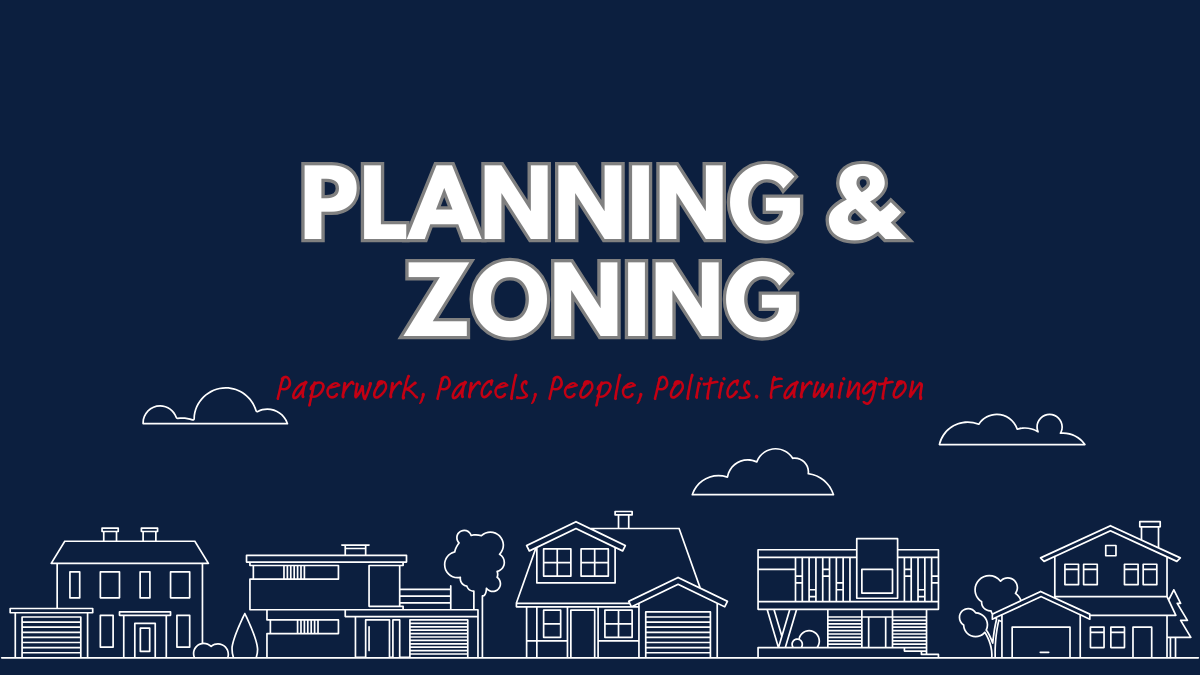Editorial: Why Full-Length Books Are Non-Negotiable in Education
By Peter Cellino, Publisher of The Farmington Mercury
An AP article in today’s Hartford Courant exposes a deeply troubling trend in our education system: students read fewer full-length books in English classes. Instead, they’re given summaries and selected excerpts to accommodate shrinking attention spans and the relentless push toward standardized testing. This isn’t just a troubling shift—it’s a failure of imagination and a betrayal of our children’s intellectual development.
At The Farmington Mercury, we believe in the value of depth over speed. Our “slow news” philosophy prizes thoughtfulness, and our education system must do the same. Full-length books are essential, not optional. Without them, students deprive themselves of the chance to develop critical thinking, empathy, and the ability to engage deeply with complex ideas.
As Thomas Jefferson once wrote, books are “capital”—not mere products for casual consumption. When we reduce a novel like To Kill a Mockingbird to a few paragraphs or offer a SparkNotes version of 1984, we reduce these profound works to bite-sized trivia. The richness of these texts—their ability to challenge, provoke, and inspire—is lost.
The article quotes English teacher Kristy Acevedo, who explained that many educators stopped assigning full-length novels during the pandemic because students struggled. While this was understandable then, it is no excuse to continue this practice. We must restore full books to their rightful place in the curriculum. Anything less is surrender.
History shows us the power of full texts. When Benjamin Franklin published Thomas Paine’s Common Sense, it wasn’t cut down to fit the attention spans of the 18th-century public. It was a revolutionary, full-length work that shaped minds and history. If we don’t allow students to grapple with such complete ideas, how can we expect them to engage with the challenges of today?
The impact goes beyond intellectual development. As cognitive neuroscientist Maryanne Wolf points out, deep reading strengthens empathy, allowing students to experience the world through the eyes of others. Excerpts and summaries cannot provide this immersive, transformative experience.
As Alden Jones, a professor of literature, pointed out in the AP article, “‘We don’t value the thinking time that we used to have.’” This erosion of “thinking time” is at the heart of the problem. We’ve become too focused on speed, efficiency, and test scores, to the detriment of real learning. Our students deserve better.
Full-length books are more than just stories—they are capital, as Jefferson said. They are investments in our students’ futures, in their capacity to think critically, to empathize, and to engage meaningfully with the world. Stripping these works down to fragments isn’t just a shortcut—it’s a failure.
For more on this concerning trend, read Sharon Lurye’s full AP article in The Hartford Courant here.
Peter Cellino – Publisher
Always happy to chat about books, breaking news (slowly), and why full novels matter. Drop me a line at pc @ thefarmingtonmercury.com. I’ll respond after I finish reading this whole book.







